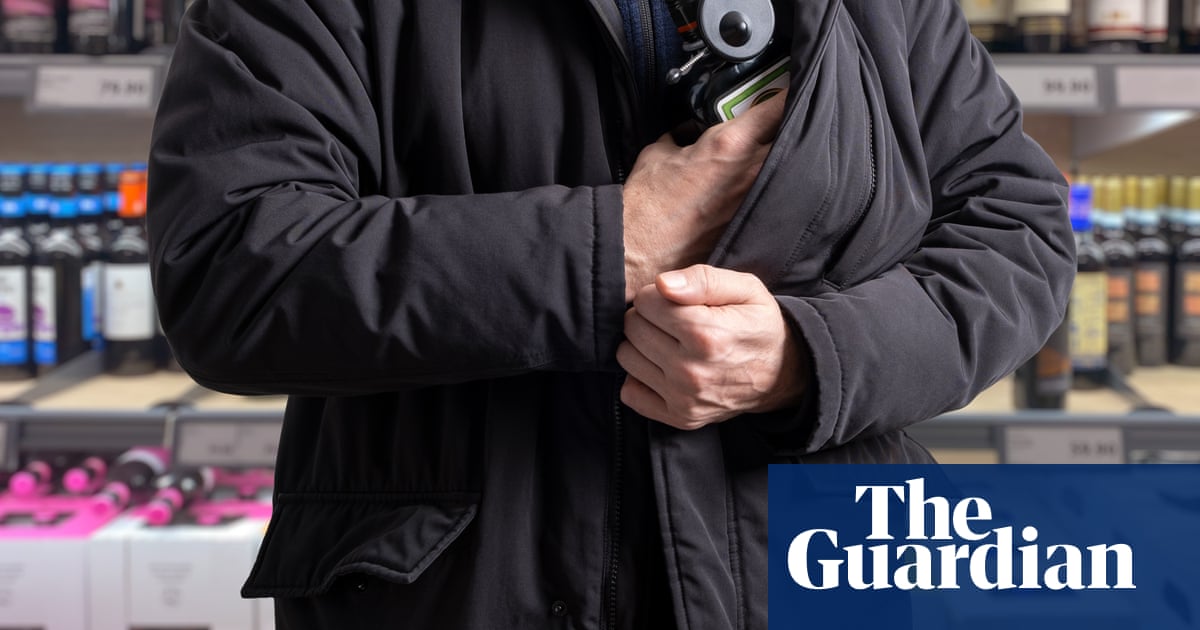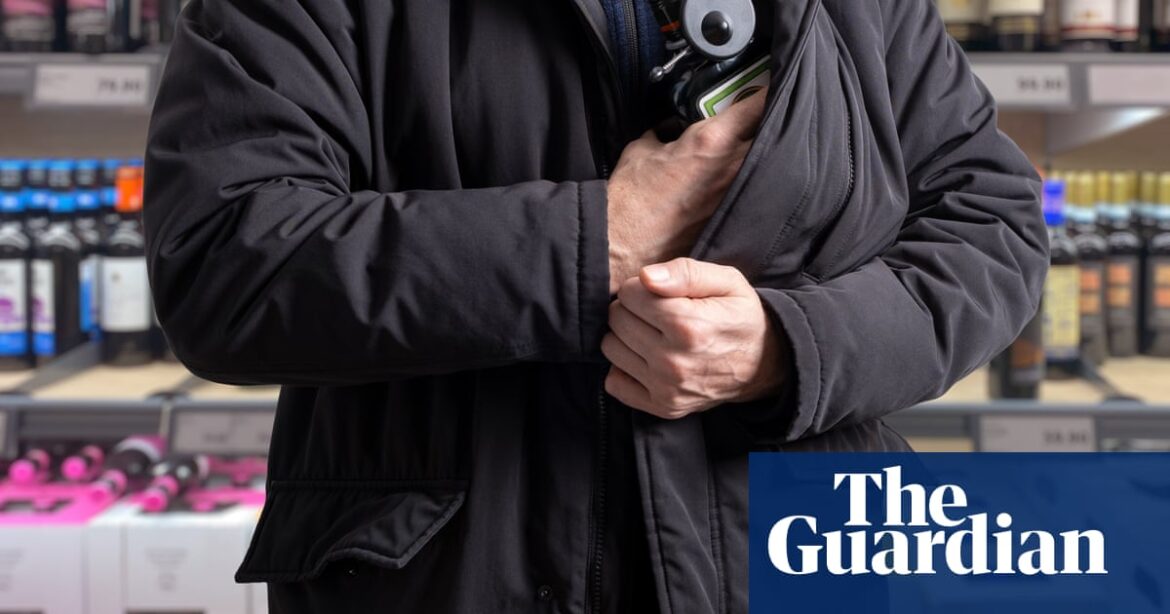
Food retailers have seen a “massive” increase in pensioner shoplifters over the last year, according to a leading store security firm, amid the rising cost of living.
John Nussbaum, director of service for retail at Kingdom Services Group, has said his staff were seeing a “different sort of shoplifter now” as the cost of living “pushes people to something they’ve never done before”.
Kingdom, which provides services for hundreds of stores across the country, including supermarkets, convenience stores and shopping malls, has received 20 to 30 reports of shoplifting a week from across the UK involving “people who just can’t afford to buy food”, Nussbaum said.
He told PA Media: “We’ve seen a massive increase in pensioners shoplifting, putting a jar of coffee in their bag and one in the trolley, that sort of thing.”
He estimated that 5% of all those caught shoplifting by Kingdom staff on a weekly basis were aged over 50.
“For us over the last 12 months, we’ve got this different level of crime now. We’re now experiencing something different – pensioners, people who don’t normally shoplift,” Nussbaum said, adding: “We’ve had instances of mothers caught shoplifting when they’re with their kids.
“We’re used to seeing the organised gangs, that’s the norm, but the types of people being caught now has changed.
“We’ve not seen this before, and I’ve been in security for 30 years. Ten years ago, five years ago, you wouldn’t have seen this kind of theft. We put it down to the cost of living. People can’t afford to spend £10, £20 on food. It’s desperation.”
He added: “Retailers don’t tend to involve the police when they’re dealing with pensioners.
“It’s not good publicity for a supermarket if it got out that a pensioner had been handed over to the police for shoplifting.”
Nussbaum’s comments came after it emerged last month that the number of shoplifting offences recorded by police in England and Wales has risen to the highest level on record, according to official figures, surpassing half-a-million offences for the first time in 2024.
A total of 516,971 shoplifting offences were recorded last year, a 20% increase on the 429,873 in 2023, according to the Office for National Statistics.
Retailers say the official figures “severely underestimate” the scale of the problem, which would amount to only two incidents for each shop a year.
The British Retail Consortium (BRC) trade body has pointed to a rise in shoplifting by organised gangs stealing to order.
Graham Wynn, assistant director of business and regulation at the BRC, said: “Retail theft is a major issue for retailers, costing over £2.2bn a year and acting as a major trigger for violence and abuse against staff.
“While the causes are manifold, the rise in organised crime is a significant concern, with gangs hitting stores one after another. Sadly, such theft is not a victimless crime; it pushes up the cost for honest shoppers and damages the customer experience.”
Retailers claim that shops have been seen as a soft target since a 2014 law change in England and Wales under which those stealing goods worth less than £200 are usually spared any prison term.
Big retailers have also been accused of contributing to the rise in crime by reducing staff numbers and using more self-service checkouts in stores to keep costs down.
However, retailers say they have spent millions of pounds on improving security in recent years, including installing facial recognition and AI-aided cameras.
The government has set out legislation to help tackle shoplifting, including removing the £200 threshold for “low-level” theft. The crime and policing bill, which is working its way through parliament, will also introduce a stand-alone offence of assaulting a retail worker. The government has promised funds to tackle organised gangs involved in shop theft.
Nussbaum said staff were seeing “terrible violence now, every day” from organised gangs, with one employee punched in the face just this week and those working at a shopping centre north of London wearing stab-proof vests.
He said: “It’s not unusual to come across guns on site.”
He supported facial-recognition technology being trialled by supermarket chain Asda at five of its Greater Manchester stores, involving customers’ faces, picked up on CCTV, being scanned and compared against individuals on an internal watchlist.
Source: theguardian.com



